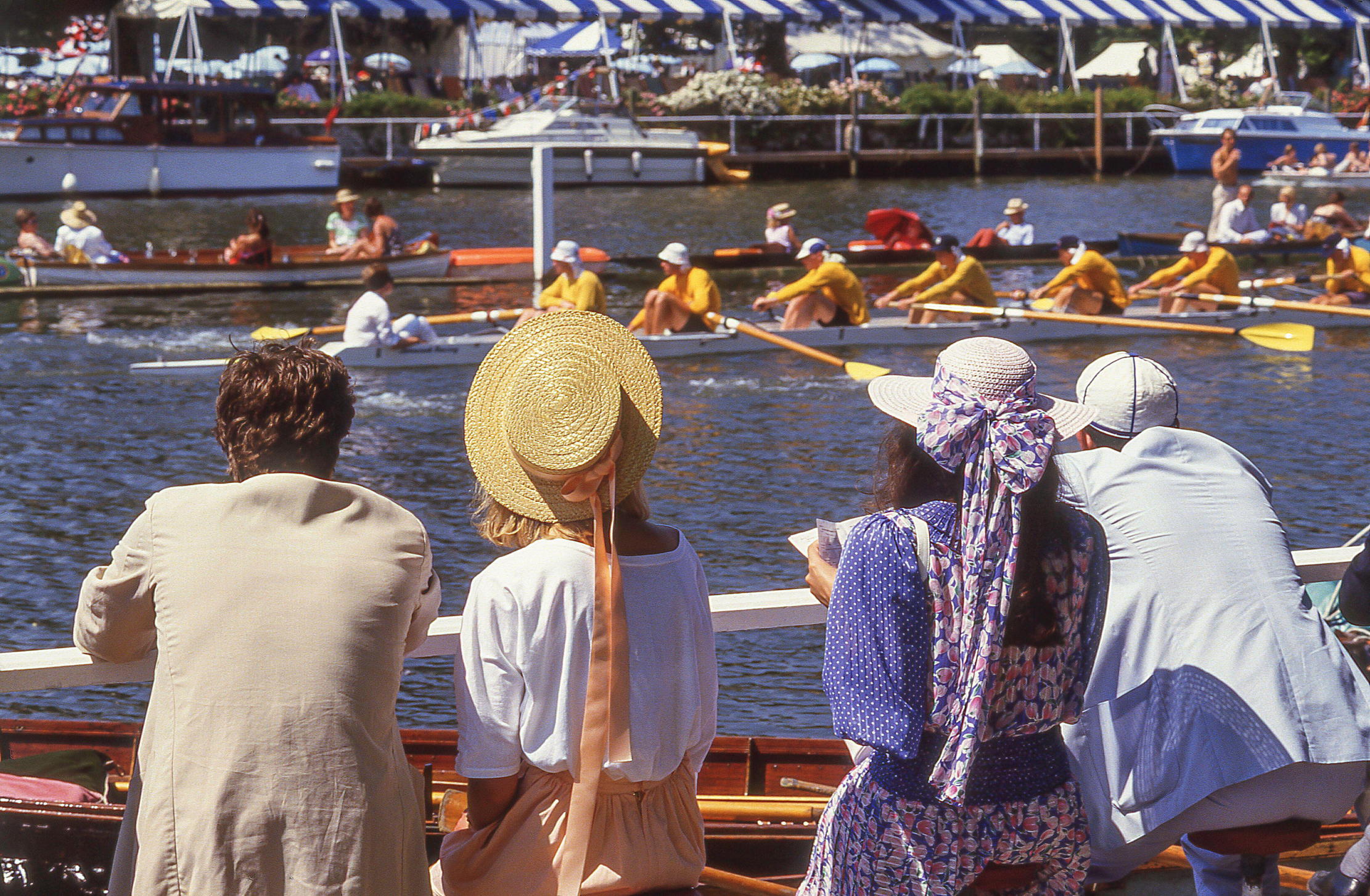Harry Mount on the art of learning
There are some skills it really is important to be taught, others add to a greater understanding of wider matters, says Harry Mount


During my brief career as a libel barrister, a decade ago, I didn't learn much, but I did learn the importance of grammar. In our first training exercise, we were asked to write a statement of case the basic document of a lawsuit. When the tutor sent our work back, a fellow trainee lawyer, an Ulsterman in his thirties, came up to me, on the verge of tears.
‘I can't believe what he's done,' he said, showing me his statement, covered in red ink.
‘God, how unreasonable of him,' I replied. ‘I bet it's fine.'
‘No, it's not fine. He's quite right. My grammar's terrible-no one's ever told me before.'
This intelligent man had been to a respected State school and university and had worked in an office for a decade, but no one had ever corrected him. A patronising conspiracy of silence, a refusal to criticise for fear of judging, had left my friend stumbling in the dark.
He'd been happy in the darkness until he came up against the reality of a profession that rightly, and necessarily, valued precision and correctness. He'd also come up, for the first time, against those-like me-who'd been expensively educated, and kept blissfully free of all that wicked, patronising dogma.
All praise, then, to Michael Gove for declaring war on that dogma, with free schools, the promotion of rigorous subjects such as Latin and the rejection of Mickey Mouse ones. Now, he's pushing the study of facts in British history, going right back to the Romans. Quite right-without facts, you don't know anything and, if you don't know, how can you think?
Sign up for the Country Life Newsletter
Exquisite houses, the beauty of Nature, and how to get the most from your life, straight to your inbox.
Still, as I enter my 25th year since leaving school, I'm increasingly struck by the things I wish I'd learnt there. In decades of education, no one week was as useful as the one I spent in a Covent Garden attic in my gap year, learning touch-typing. I've used that skill practically every single day since and that week has saved me months in hunting-and-pecking time.
Typewriters have changed in the past 25 years, but typing hasn't. Humans have never typed so much in history. A generation has grown up making words almost exclusively through the prism of a keyboard and yet typing lessons still retain the air of the mocked secretarial school, blighted again by patronising darkness.
The attitude to public speaking isn't quite the same. Some schools have always taught it-I just wish mine had been one of them. There are some things you can never pull off, however hard you try: a solid backhand, perfect pitch, splitting the atom. But anyone who can speak can speak in public; you just add an audience.
As a shy boy, the idea of an audience terrified me. I never confronted one until I became, first, a barrister, then someone who gives talks about books. Fear has disappeared through enforced repetition. How much fear would I have avoided if that repetition had taken place at school? Schools can't be expected to teach everything and my third thing-stone-carving-is a little too much to ask. In a day's carving lesson in a garage in Surrey this month, I learnt more about stone than I have in 20 years of reading, writing and teaching architectural history.
I learnt how difficult it is to carve a straight line, to leave a smooth, flat surface, to transfer elaborate artistic ambition into hard stone reality. I wanted to convert my cube of Bath stone into an open book, its pages riffling in the wind. It was going to be a bookend and iPad rest-a witty comment on the relationship between the book and the ebook, or so I thought.
I ended up with what was essentially a breeze block with one corner sliced off it. It was so heavy that it burst out of the bin bag on my handlebars as I cycled to Sunningdale station. I gave it a decent burial behind some ash trees on the A30 opposite Sunningdale Ladies Golf Club. I'm still in the dark, but at least I can now see the light.
Carla Carlisle is away
* Subcribe
to Country Life magazine and get our new Ipad version free
Country Life is unlike any other magazine: the only glossy weekly on the newsstand and the only magazine that has been guest-edited by HRH The King not once, but twice. It is a celebration of modern rural life and all its diverse joys and pleasures — that was first published in Queen Victoria's Diamond Jubilee year. Our eclectic mixture of witty and informative content — from the most up-to-date property news and commentary and a coveted glimpse inside some of the UK's best houses and gardens, to gardening, the arts and interior design, written by experts in their field — still cannot be found in print or online, anywhere else.
-
 380 acres and 90 bedrooms on the £25m private island being sold by one of Britain's top music producers
380 acres and 90 bedrooms on the £25m private island being sold by one of Britain's top music producersStormzy, Rihanna and the Rolling Stones are just a part of the story at Osea Island, a dot on the map in the seas off Essex.
By Lotte Brundle
-
 'A delicious chance to step back in time and bask in the best of Britain': An insider's guide to The Season
'A delicious chance to step back in time and bask in the best of Britain': An insider's guide to The SeasonHere's how to navigate this summer's top events in style, from those who know best.
By Madeleine Silver